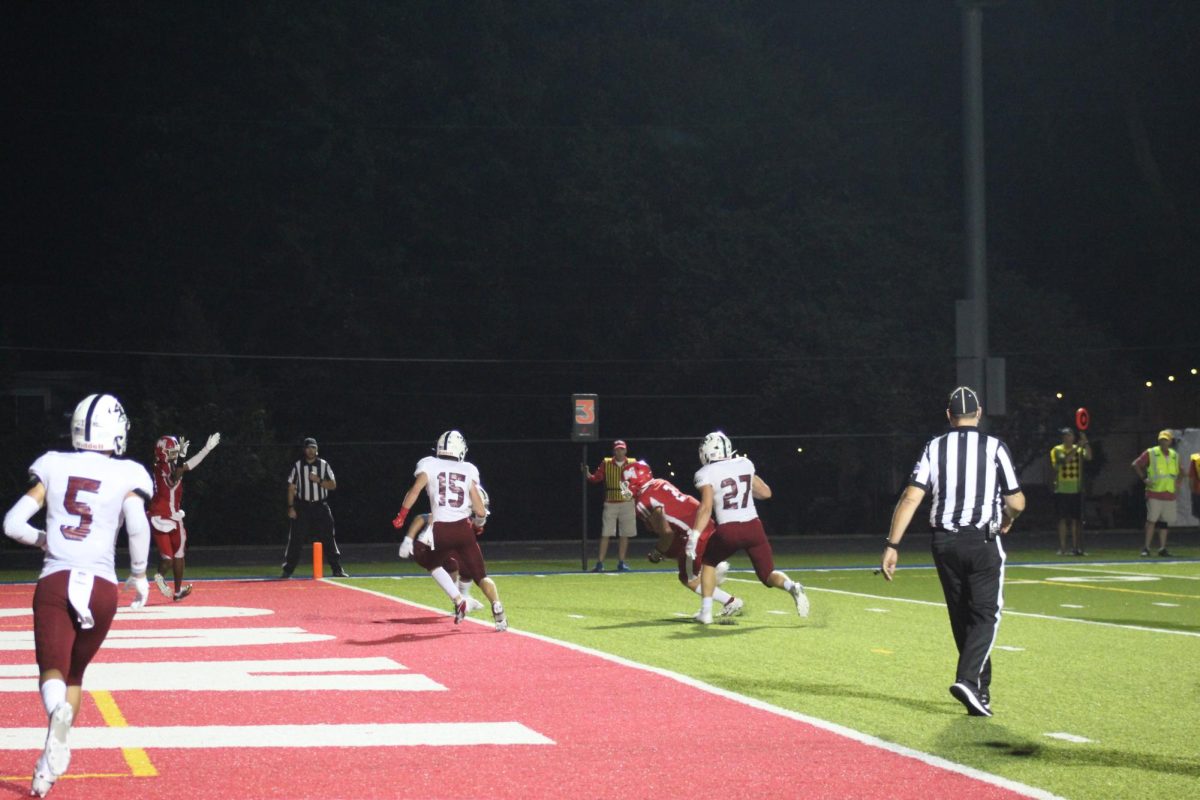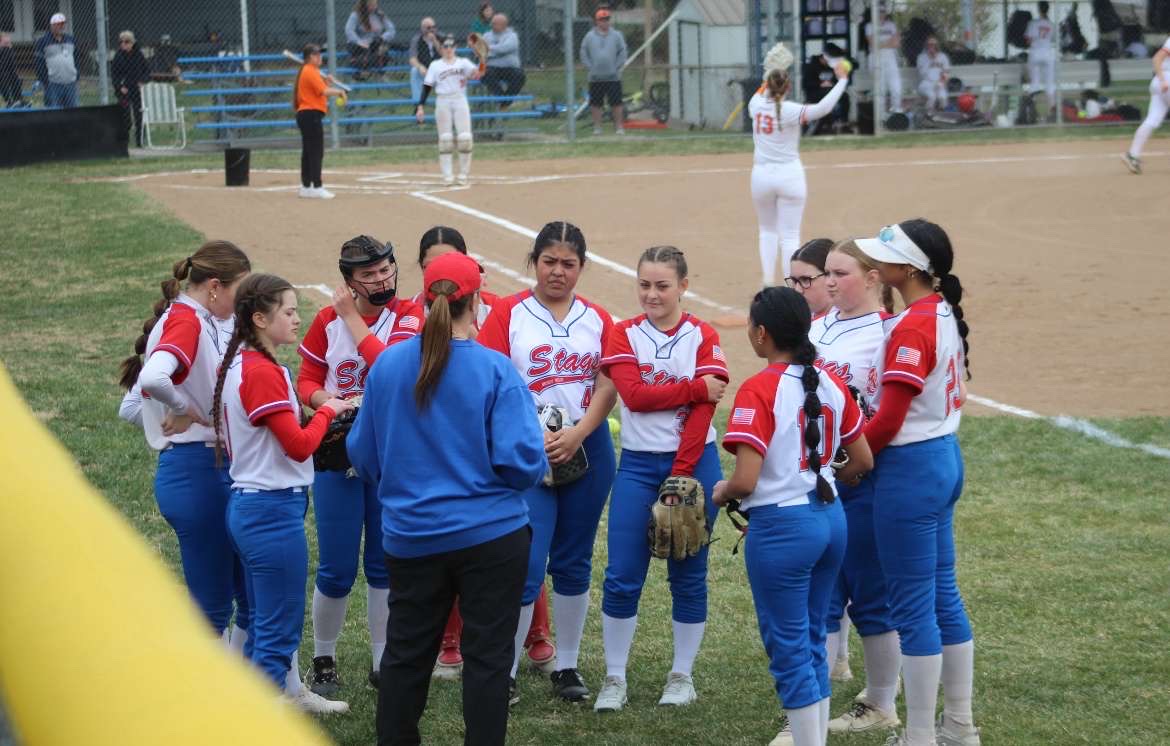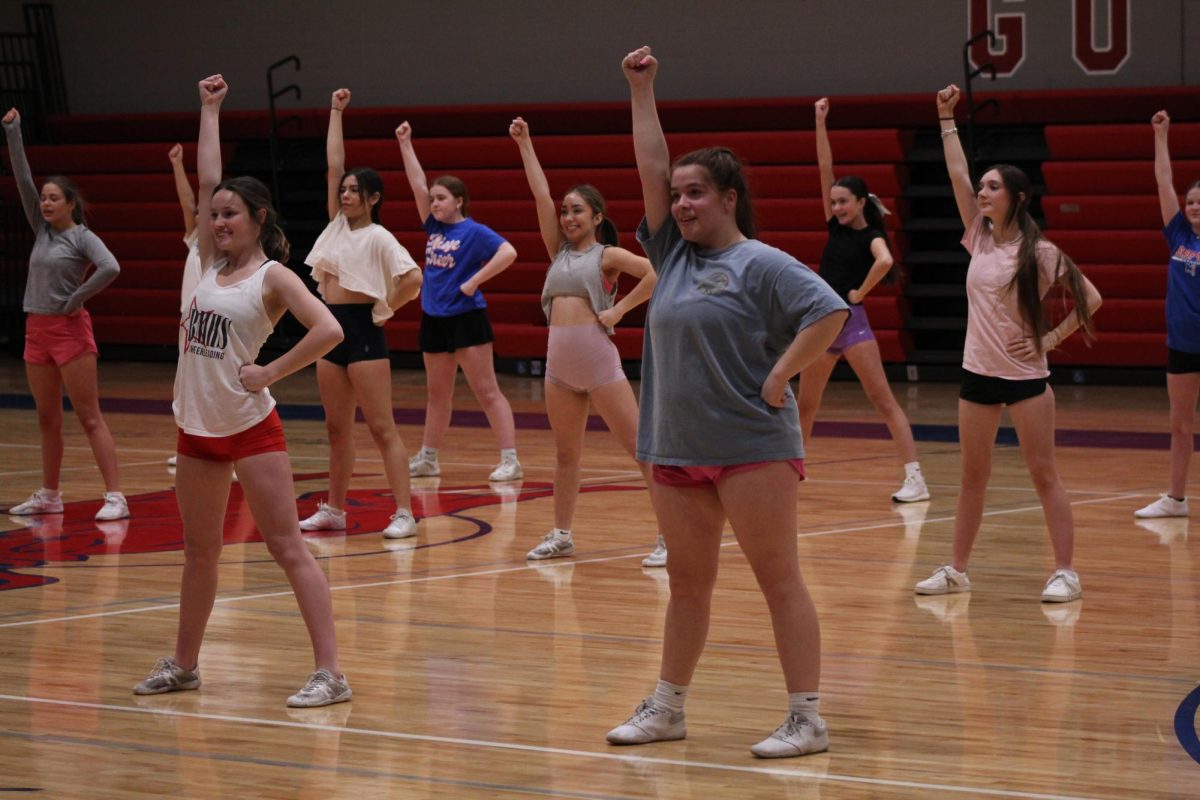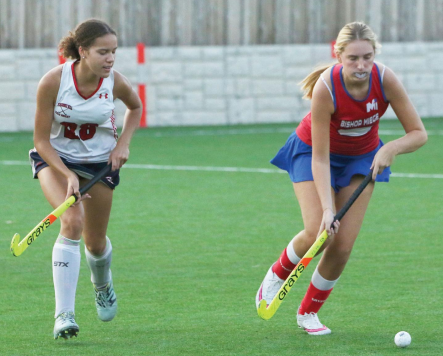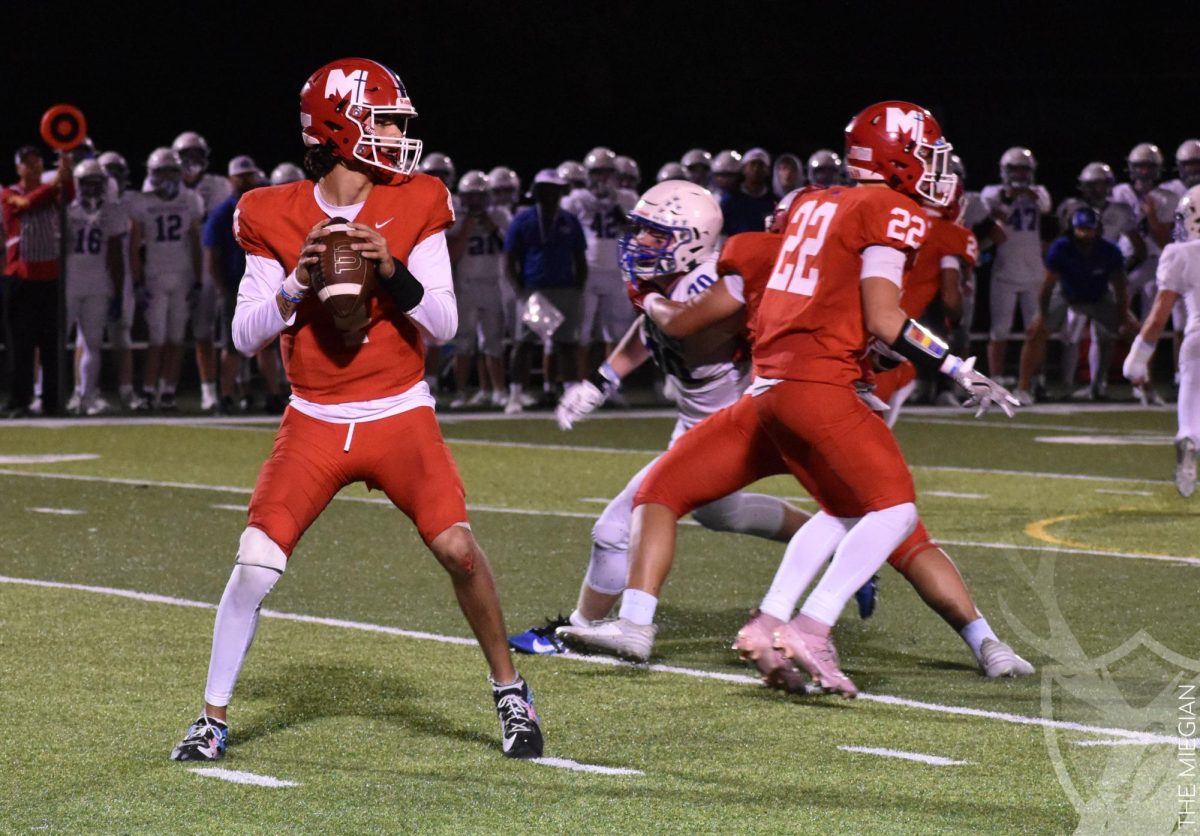Basketball fans sit in their seats, awaiting the beginning of the game they came to see. Parents, family members, friends and neighbors try to spot their players on the court. The national anthem finishes, and the contest is set to get underway. Before the game starts, however, the PA will screech out a warning about an ongoing referee shortage.
Spectators look for the first time at the crew of referees who will oversee the contest. They are members of the community working a part-time job to promote good sportsmanship. But all too often, crowds berate, threaten and intimidate these officials. After years of this treatment, longtime veteran referees have started walking away. Youth high school sports in Kansas are beginning to feel the pressure.
Referee John Dehan has officiated basketball for over 40 years. Dehan has also worked basketball games for 22 years. Dehan acts as an official assignor for over 60 high schools across Kansas. According to Dehan, a noticeable decline in quality comes along with the shortage.
“We are losing experience,” Dehan said. “At the varsity level, we have gotten better but at the sub varsity level, we are very inexperienced.”
Many longtime officials can recall instances where they dealt with an abusive fan. Referees attempt to de-escalate the situation if possible, and to resolve the problem.
“Last year, I had a fan who did not like a call, she stood up and screamed some four-letter words at me,” Dehan said. “I went to the administrator in front of the student section and asked if they would talk to them. When they did, there were more four-letter words. There wasn’t a de-escalation here …. They were removed.”
Treatment like this has led to officials walking away from their profession. KSHSAA has experienced a 20% decrease in official participation from the 2011-2012 season to now, according to an article in the Lawrence Journal-World.
Because of the crisis, governing bodies of high school sports must find ways to market the job of officiating. Dehan said an increase in pay has been the main strategy to attract more officials.
“When I started football 20 years ago, we made $50 for varsity, this year it is $100, and going to $110 next year,” Dehan said. “Schools are aware of the situation, and we are continuing to find ways to recruit.”
Referee Dave Staudenmyer has been an official for 36 years and has worked with the Catholic Youth Organization (CYO) for over 50 years. Despite the shortage, he has begun to see progress.
“We offer a free session training session, both the classroom and then six hours on the court,” Staudenmyer said. “We had 41 new officials come out last year, which I was very happy with. Hopefully, we’re going to see progress again this year because it’s a two year program.”
Referees share a close bond with one another and for having each other’s backs. Staudenmyer believes it is a responsibility of experienced officials to oversee the growth of newer officials, but more to protect them when things get difficult.
“If I’m working at a fourth grade basketball game, I will have a brand new official working with me,” Staudenmyer said. “I will stop that game and explain the situation that ‘hey, we have a new official. You can abuse me all you want but if you start abusing my fellow official then we need to have a serious discussion with security or with the gym director.’”
Some officials like Staudenmyer recognize the problem facing their profession and seek to use their experience to calm tensions between fans and referees.
“I was selected as an ambassador for CYO to address crowds, to make them aware that we are training officials,” Staudenmyer said. “Stay off their back. Let them learn as they progress up the ranks, from youth basketball to high school basketball and varsity to collegiate level.”
Still, refereeing remains an uphill battle. Dehan acknowledges that fans haven’t improved their behavior during the game, even during the shortage.
“Fans haven’t improved their behavior during the game, but they thank us after,” Dehan said. “This year after a JV football game, a fan came to us after the game and told us we were horrible. I asked the entire game or just the last play? He said the last play, and I told him I would watch the game film to see if I was wrong to get better. He said thank you and left.”
Staudenmyer believes the future of refereeing lies in the hands of today’s veterans. Their wisdom for the job needs to trickle down to future generations of referees.
“We’re using experienced officials to help the other two to get to the level to replace old guys like myself,” Staudenmyer said. “It’s a slow process, but we need mentors such as myself to accomplish that feat.”



